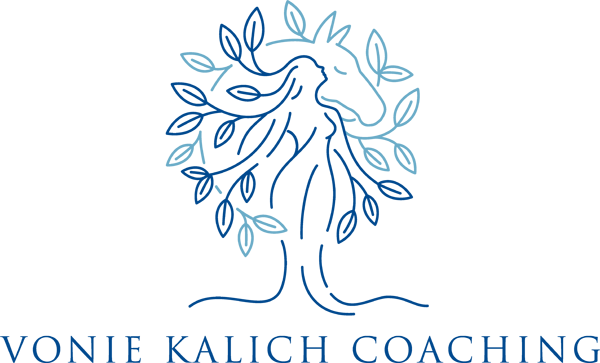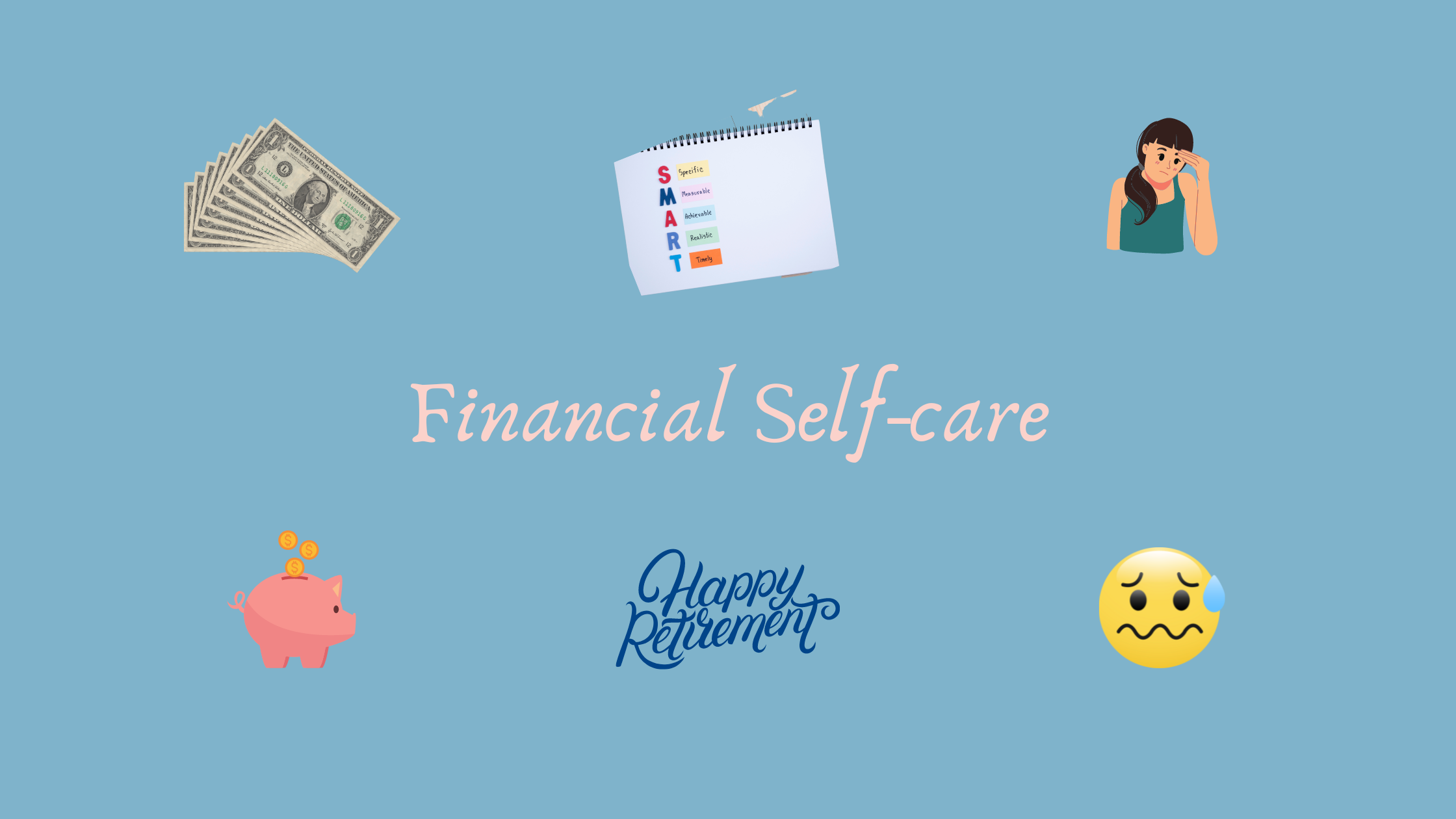


When I was about seven years old, I remember walking into a local bank with my mom, piggy bank in hand, ready to open my first savings account. I felt a lot of pride knowing that I now had my own account. However, what I didn’t have was an education about the nuances of financial self-care. Later in life, I opened my first checking account at that same bank and was meticulous at keeping it balanced to the penny.
Fast forward to being a single mom raising two kids and working in the fitness industry. I found it difficult to save money and often lived above my means, as I wanted to give my kids more than I had as a child. Unfortunately, I started to experience money fears.
Their dad was great at providing for their sports and other activities as they grew up and in paying the support we’d agreed upon when we’d divorced. I did not take that for granted, and it did a lot to ease my financial concerns. However, despite the money I made and the support for the kids, there still never seemed to be enough.
As the kids grew older and I went back to school to further my education in the fitness industry, I ended up with a major financial setback with a job loss and bankruptcy. At this low point in my financial self-care, I had hit a rock bottom with money shame, fear, and guilt. What followed was a desire to learn more about money shame, my fear of money, and where the guilt was coming from.
Money shame usually starts in childhood. Parents don’t have a lot of money and have to say ‘no’ often to the wants and sometimes needs of their children. How the ‘no’ is delivered contributes to the shame a child will have for asking for what they want. Children don’t really understand what their parents are going through with money and, like myself, live beyond their means to afford to give their kids what they didn’t have. Also, how you show up in the world and the purchases you make are impacted through the lens
of money.
Here’s a short list of things that can also contribute to money shame —
Again, that’s a short list. Money shame comes in many different forms.

Money Fears — The overwhelming dread that you don’t have enough contributes to anxiety, panic, depression, and in some cases, substance abuse. The shortlist above and many other things can contribute to these fears.
Money Dysmorphia — a paralyzing feeling of being poor even when you aren’t. It’s being afraid to spend money even if you’ve budgeted for something or have the money to make a purchase but can’t seem to let go and make the purchase. The mentality is “I’m broke.”
Money Guilt — How many times have I found myself saying, I feel guilty for spending ‘X’ amount of dollars on something when I either didn’t have enough money or that I should be saving what I did have? That’s money guilt.
So, if you or someone you know is experiencing shame, guilt, fear, or dysmorphia around money, here are some tips for changing your beliefs and getting out of the shame trap.
Admittedly I’m still working on my relationship with money, so I can have better financial self-care. One of the books I’ve been reading and highly recommend is “Love Money, Money Loves You” by Sara McCrum. You can also watch this video, Love Money, Money Loves You: The Relaunch, here.
Want more ideas for self-care? Go here.
With Love,
Vonie






